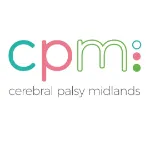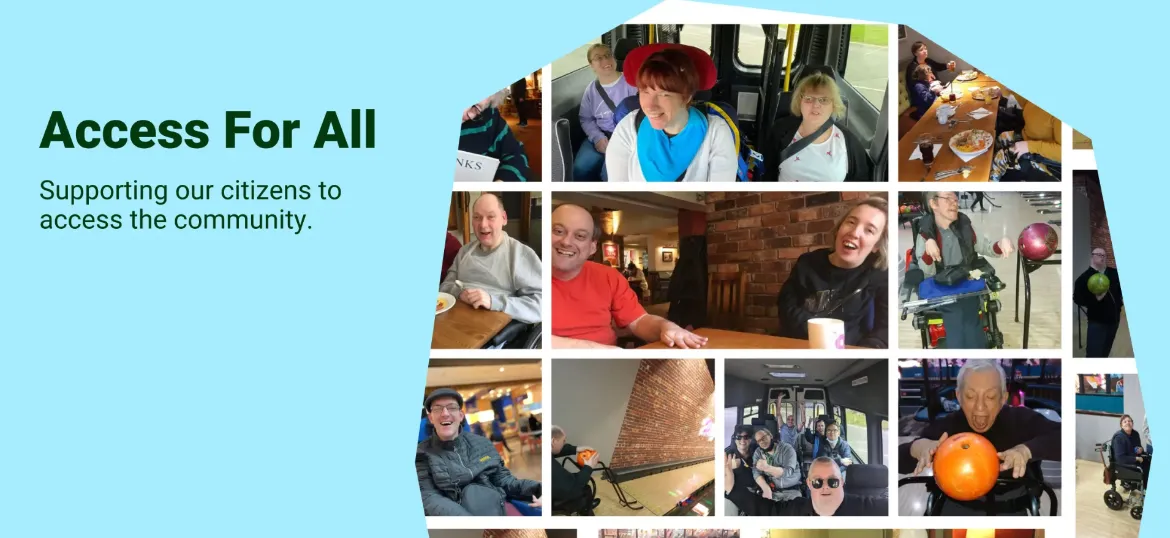About us
Cerebral Palsy Midlands is a Birmingham based charity that empowers people with cerebral palsy and other disabilities from across the West Midlands. We were the first charity in England and Wales setup specifically to support people with cerebral palsy and other relared conditions in 1947.
Our charity aims to empower people in every aspect of their life, to support individuals in attaining greater everyday skills, and to help develop their unique talents. Cerebral Palsy Midlands achieves this by following a person centred approach throughout its work, projects and services. It is human nature for individuals to strive to achieve success in their chosen field, as well as having recognition of this achievement. We fully believe that everyone has the right to be an active citizen, regardless of any disability they may have.
We provide:
- A person centred approach
- Bespoke care in a supportive environment
- Social and educational opportunities
- Development for Independant skills
- Advocacy
- Support with health & well-being
- Life Skills training and maximising individuals potential
- IT Facilities
We run a community centre in Harborne, Birmingham, which provides much needed daycare, activities, training and educational courses for people over the age of 19, who are classed as having substantial and critical needs. We also support people in accessing the local community; combating social isolation, as well as organising short break holidays throughout the year.
About Cerebral Palsy
Cerebral Palsy (CP) is an umbrella term for various different physical and learning disabilities, which is primarily caused by oxygen deprivation to the brain before, during or after birth, leading to different degrees of damage to parts of the brain that control the body's muscles. This can lead to numerous physical disabilities, such as impaired movement of limbs, stiffness of muscles, impaired reflexes and exact movement. People with CP can have a physical disability, learning difficulties, communication problems, swallowing problems (Dysphagia), sight, hearing impairments or multiple disabilities. There is no cure for CP, although there are supportive treatments, specialist equipment and medication that can help. CP is not contagious, progressive or hereditary. According to NHS figures, around 1 in 400 people in the UK today have some form of the condition. Some people's cerebral palsy does not necessarily affect them in their everyday lives, while other people may need a high level of care and support.
For more information about the great work we do please visit www.cpmids.org.uk



